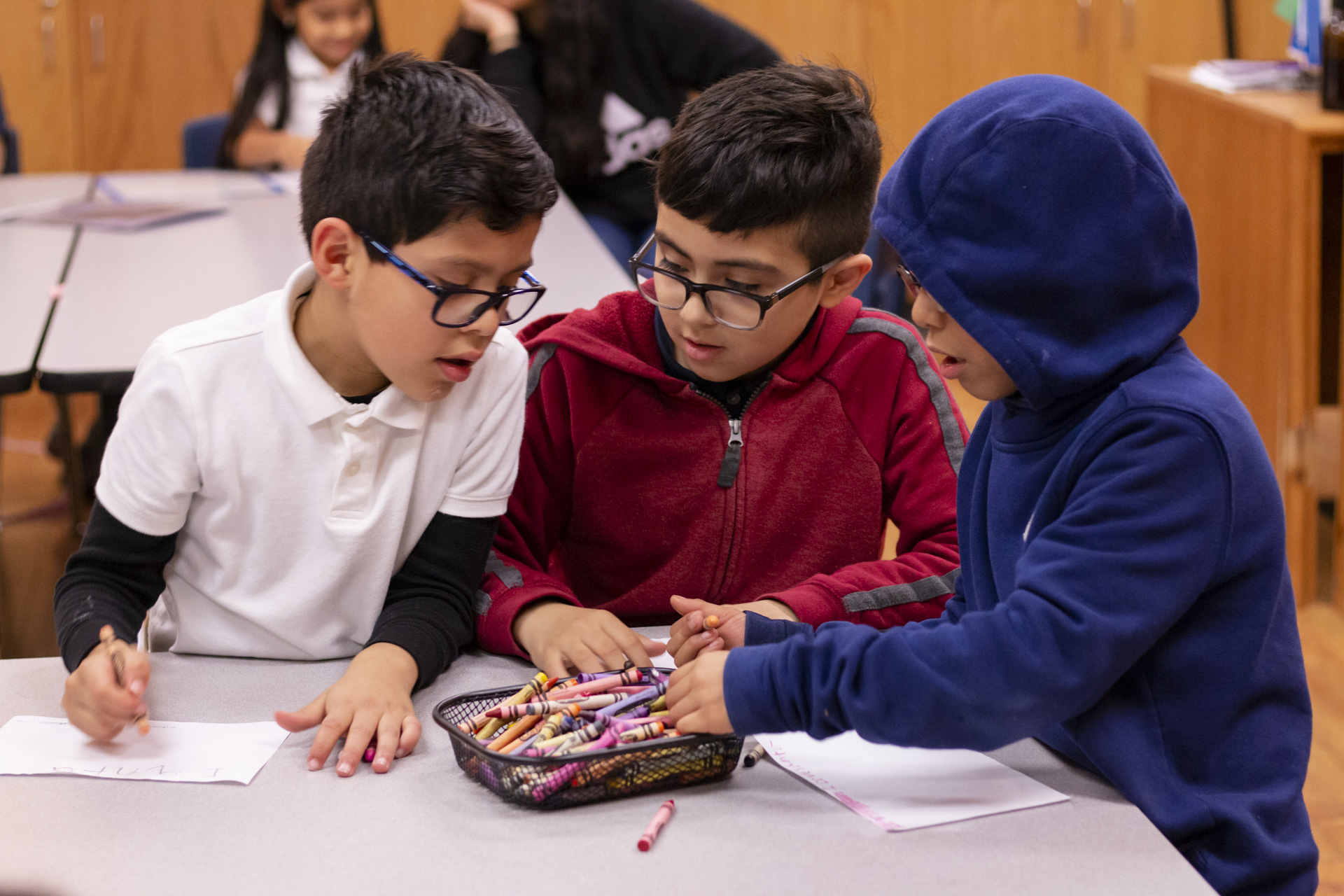
It’s funny how you can lose track of someone for years, and then bam! Something can bring their memory to mind with such clarity that it almost overwhelms your senses. That’s how I felt this weekend upon learning the news that my beloved college professor, Dr. Theodora Ayot, had recently passed away.
Instantly, my mind conjured up a vivid image of Professor Ayot. Standing in front of the classroom, she was wearing colorful African dress from her homeland in western Kenya, as she always did. Her deep red lipstick popped in contrast to her rich brown skin, and she had a warm smile on her face. Her eyes shone brightly beneath her glasses that were slightly askew.
It might be surprising that my recollection of Professor Ayot is so strong when I only had one class with her; some kind of history class, the subject and title of which I can’t even remember now. But in the short time she taught me, she left an indelible mark. One that I realize only now, in her passing, has a lot to do with why I’m so passionate about my work at Arts Corps.
It all stems back to the first mid-term she assigned us. When she returned our papers, I flipped mine over to find a big “C” on the top with the words “See Me After Class” written in large letters on top. My heart pounded wildly. I had never received these words on a paper before.
I nervously lingered after class while all the other students gathered their things and left. Then Professor Ayot ushered me to her tiny office. (Or maybe it was just tiny in my memory because I felt trapped?) She offered me a seat, looked me straight in the eyes, and said intensely, “I’ve heard the questions you ask in class.”
I can remember to this day what a strange and surprising statement I thought this was. But Professor Ayot continued on and clarified her point. My questions, she felt, reflected a deep intellectual curiosity and scholarly critique. The work I turned in, not so much.
I was a freshman in college and my social nature was getting the best of me. I was staying up late hanging out with friends and talking on the phone with my long-distance boyfriend, and I was not taking my studies seriously. More importantly, and what I think Professor Ayot knew, was that I didn’t take myself seriously.
I always got good grades in school. Honor roll and all that. But, despite the awards, I never saw myself as smart. Nice? Sure. Hardworking? Sure. But an intellectual? Someone to be taken seriously in the classroom? No way.
The conversation with Professor Ayot in that tiny office started to change that. She had heard my questions. I was bright, she thought. I had real promise as a scholar. But I had to take myself seriously, put in the effort, and do the work. It was a life-changing conversation.
The grief and sadness of these past 11 months has felt unbearable at times. For our family, news of Professor Ayot’s passing comes after losing two family friends to COVID related illnesses. We haven’t seen my parents or other extended family in Chicago in over a year. And the social isolation of quarantine and challenges of online schooling are taking an immense toll on the mental health of my elementary aged kids.
Throughout these difficult quarantine times, my work with Arts Corps has been a lifeline. It’s a privilege to work for an organization as flexible, compassionate, and creative as Arts Corps. Even more, I’m deeply grateful to work for an organization whose mission I believe in so profoundly.
The work that our teaching artists do with young people every day is the same work that Professor Ayot did we me: building confidence, cultivating curiosity, encouraging risk-taking; helping them to see themselves for the smart and gifted young people they are. And like Professor Ayot, Arts Corps teaching artists model pride in their individuality and cultural heritage. In doing so, they open up to new worlds to the students- within and around them.
These are not easy times. But as I reflect on the legacy of Dr. Theodora Ayot, I am encouraged. Our lives matter. The choices we make matter. We can choose to invest in young people- their curiosity, their creativity, their self-expression, their brilliance. And if we do, twenty years later they may just remember it, and attribute much of their academic success and passion to it.
— CHRISTA MAZZONE PALMBERG, Development Manager
